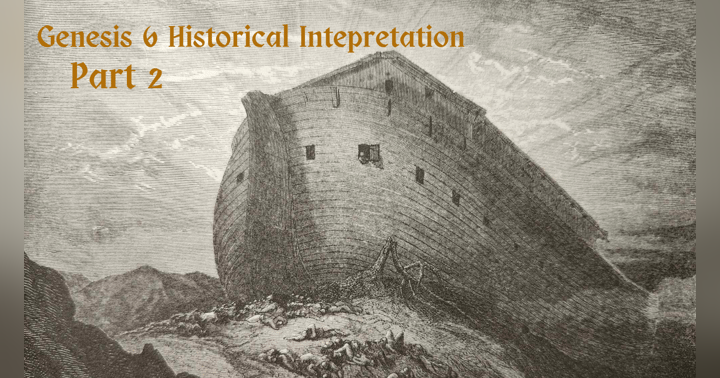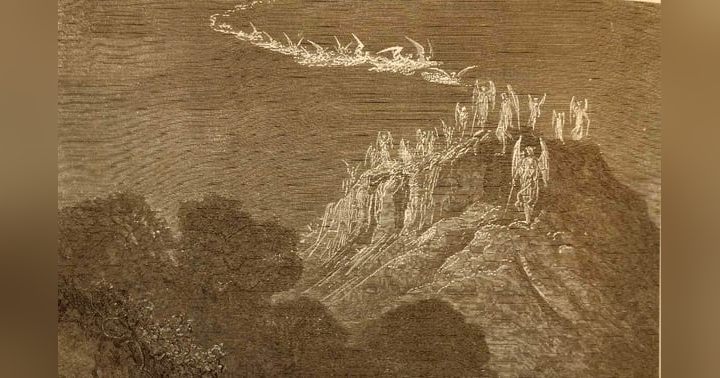The Divine Council Worldview: A Comparison of Translations
Introduction
In this blog post, we will delve into the multifaceted translations of passages that reference the Divine Council Worldview. We will uncover the motivations behind these variations and explore their implications for our understanding of this fascinating theological concept. By examining the nuances of different translations, we hope to broaden our perspective and deepen our understanding of the Divine Council Worldview.
Diving into the Divine Council Worldview
The Divine Council Worldview holds that God presides over a council of lesser divine beings, known as the "sons of God" or "elohim." This concept is rooted in ancient Near Eastern mythology and finds expression in several passages throughout the Bible. Understanding these passages is crucial for grasping the ancient Israelite's perspective on God, the divine realm, and our place within it.
Exploring Translations of Key Passages
When examining the Divine Council Worldview in the Bible, it is essential to consider the various translations of key passages that reference this concept. Different translations can offer nuanced interpretations of the original text, shaping our understanding of its message.
Psalm 82:1
One such passage is Psalm 82:1, which reads, "God presides in the great assembly; he renders judgment among the 'elohim.'" In the Hebrew Bible, the term "elohim" is often used to refer to both God and other divine beings, making its interpretation in this context crucial.
Deuteronomy 32:8-9
Another passage, Deuteronomy 32:8-9, states, "When the Most High assigned the nations their inheritance, when he divided all mankind, he set up boundaries for the peoples according to the number of the sons of Israel." Again, the term "sons of God" or "sons of Israel" is a key point of debate, as different translations interpret this phrase in distinct ways.
Decoding the Differences: Intentions and Implications
The differences in translations of these passages stem from various factors, including the translator's theological perspectives, the historical context of the translation, and the available textual evidence. Understanding the intentions and implications behind these variations is vital for a comprehensive analysis of the Divine Council Worldview.
Theological Perspectives
Translators' theological beliefs can influence their interpretation of key terms and concepts. For instance, some translations may prioritize a monotheistic viewpoint, downplaying the role of lesser divine beings, while others may seek to preserve the polytheistic elements present in the original text.
Divine Council Worldview: A Comparative Analysis
By comparing different translations of passages that reference the Divine Council Worldview, we gain valuable insights into the complexities of this theological concept. The variations in translation highlight the fluidity and evolution of religious beliefs over time, as well as the ongoing scholarly debates surrounding the interpretation of ancient texts.
Continuing the Conversation: Further Explorations
The study of the Divine Council Worldview is a dynamic and ongoing endeavor. Scholars continue to engage in research, exegesis, and comparative analysis to further our understanding of this fascinating aspect of biblical theology. By embracing ongoing conversations and further explorations, we can contribute to a richer and more nuanced understanding of the Divine Council's role in the biblical narrative.
Conclusion
In this blog post, we have journeyed through the complexities of translating passages that reference the Divine Council Worldview. We have explored the reasons behind the differences in translations and examined their implications for our understanding of this theological concept. By delving into the nuances of various interpretations, we have gained a deeper appreciation for the complexities and richness of the Divine Council Worldview. As we continue to engage with this subject, we open ourselves up to a multifaceted and thought-provoking exploration of ancient beliefs and their enduring relevance in our modern-day understanding of God and the divine realm.








